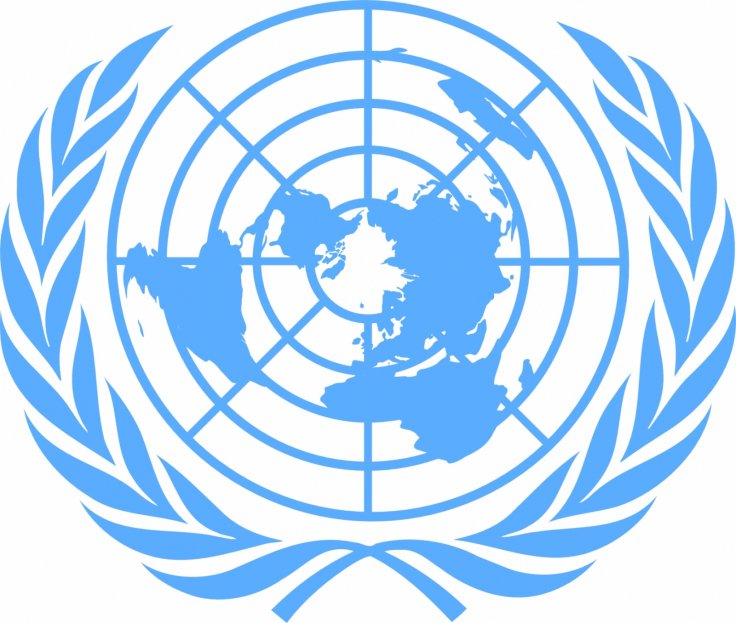
As greenhouse gas emissions continue to grow, diplomats and officials from nearly 200 countries, including India, will gather in the Spanish capital Madrid for two weeks from Monday for the UN climate summit to thrash out how best to tackle the climate crisis.
The 25th Conference of the Parties to the United Nations Framework Convention on Climate Change (UNFCCC) or COP25 is being held in the backdrop of climate impacts biting globally, believe climate experts.
Fires are consuming forests from the Amazon to Indonesia and from Congo to Australia. Floods have just hit Britain and Venice. Heatwaves, super-charged hurricanes and torrential downpours are now commonplace.
In the run-up to the annual summit, three stark reports on the rising carbon emissions and impacts on global temperatures have been released.
The reports lay bare the horrific state of climate breakdown and its impacts across the globe whilst indicating the solutions are available to make possible meeting the goals set out under the Paris Agreement of 2015.
The COP25 will take place under the Presidency of the government of Chile and will be held with logistical support from the government of Spain.
"This year, we have seen accelerating climate change impacts, including increased droughts, storms and heat waves, with dire consequences for poverty eradication, human health, migration and inequality," UN Climate Change Executive Secretary Patricia Espinosa said.
"The world's small window of opportunity to address climate change is closing rapidly. We must urgently deploy all the tools of multilateral cooperation to make COP25 the launchpad for more climate ambition to put the world on a transformational path towards low carbon and resilience," she said.
According to the UN Climate Change, a key objective of COP25 is to raise overall ambition also by completing several key aspects with respect to the full operationalisation of the Paris Climate Change Agreement.
Last year at COP24 in Poland, the bulk of the implementation guidelines of the Paris Agreement were agreed on, with the exception of Article 6 of the Paris Agreement.
Article 6 is to provide guidelines for how international climate markets will work, as a key component of the world's economic toolbox for addressing climate change.
The other focus areas at COP25 will include adaptation, loss and damage, transparency, finance, capacity-building, indigenous issues, oceans, forestry, gender and more.
The provision of finance and technology is crucial for developing countries to green their economies and build resilience.
"While we have seen some progress with respect to climate-related financing for developing countries, we will continue to urge developed nations to fulfil their pledge of mobilizing $100 billion annually by 2020," Espinosa said in a statement.
What's at stake at COP25?
At a time when the discrepancies between what governments need to do according to science, and what they are actually doing, are getting unprecedented global attention,
"Madrid is the moment when the race for governments to submit new climate plans starts," a climate negotiator told IANS.
The Madrid talks are due in 2020, and under the Paris deal, they need to be better than previous ones.
UN Secretary-General Antonio Guterres and the vulnerable states are expected to make this clear at COP25.
The heat of mobilisations on the streets is expected to be felt inside the venue and the host of the 2020 COP, Britain, is expected to outline its plan to raise global ambition.
India will look to engage in negotiations with a constructive and positive outlook and work towards protecting its long-term development interests.
India has been ambitious in its actions and has emphasised that developed countries should take lead in undertaking ambitious actions and fulfil their climate finance commitments of mobilising $100 billion per annum by 2020 and progressively and substantially scale up their financial support to inform parties for future action through Nationally Determined Contributions (NDCs).
India will further stress upon the need for fulfilling the pre-2020 commitments by developed countries, and that pre-2020 implementation gaps should not present an additional burden to developing countries in the post-2020 period.
The Indian delegation will be led by Environment Minister Prakash Javadekar.
The COP25 is important as countries prepare to move from the pre-2020 period under the Kyoto Protocol to the post-2020 period under the Paris Agreement.
In 2020, nations are to submit new or updated national climate action plans, referred to as NDCs.
According to the UN Environment Programme's 2019 Emission Gap Report published last week, unless global greenhouse gas emissions fall by 7.6 per cent each year between 2020 and 2030, the world will miss the opportunity to get on track towards the 1.5 degrees Celsius temperature goal of the Paris Agreement.
This means collective ambition would need to increase more than fivefold over current levels to deliver the cuts needed over the next decade to meet the 1.5 degrees Celsius goal.
This climate summit must generate momentum and pressure on big polluters.
Climate experts told IANS that major emitters need to heed the call for action at Madrid's closing and leave Spain feeling on notice to deliver leading commitments in 2020.
If the EU, China and India feel the heat, that will inject some pace into global climate efforts.
Antonio Guterres is expected to be in Madrid to reinforce his call for countries to stop feeding their coal addiction, demand plans for carbon neutrality by 2050 and call for an end to the trillions spent supporting the fossil fuel sector.
The EU may announce its 2050 net-zero plan, while 100 or more countries could commit to carbon neutrality by midcentury.









